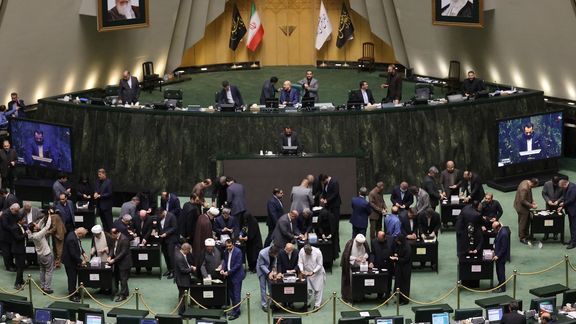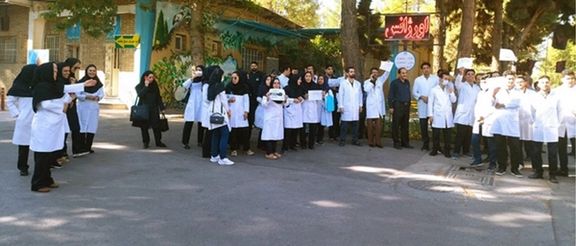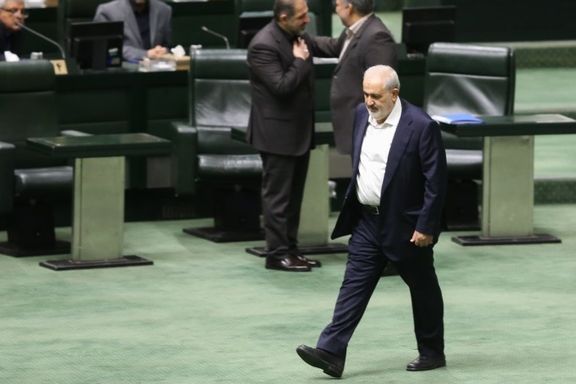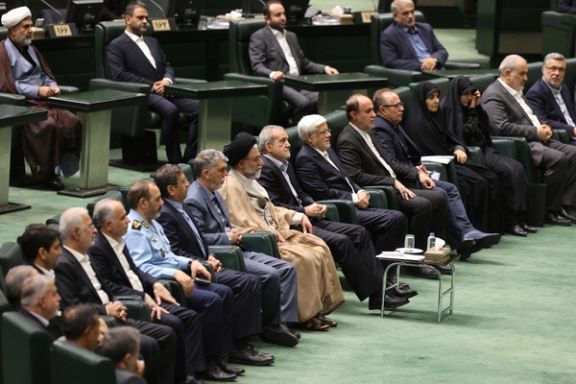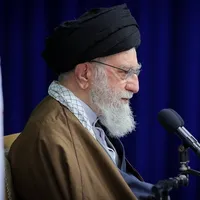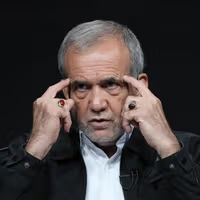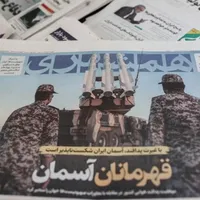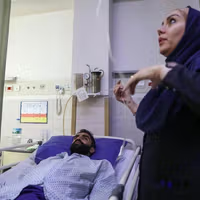Nurses in 50 hospitals are leading the charge in terms of the number of strikes, followed by telecom retirees in five provinces, retirees from the banking and social security sectors, and workers from the oil and gas industries. Additionally, farmers in Isfahan have staged a sit-in. The nurses have garnered support from retirees, teachers, and the truckers' union, further amplifying their cause.
When examining the recent history of trade union and non-union protests, a stark contrast emerges between the periods before and after 2017. Since December 2017, labor protests in Iran have evolved from spontaneous, uncoordinated street demonstrations into continuous, well-organized movements characterized by networked communication among similar professions. While various factors—economic, political, social, environmental, and legal—have influenced these protests, economic hardship has played the most significant role.
Amid these street protests, certain recurring slogans resonate: "Our problem is here, yet they blame America," "Retirees, shout for your rights!" "Only in the streets can we claim our rights," "We’ve seen no justice, only lies," and "When it’s our turn, the treasury runs dry."
This piece zeroes in on a single aspect of Iran's socio-economic landscape: why don’t these expressions of discontent coalesce into larger waves of protest against the government, thereby lowering the cost of dissent? The backdrop to this question is the harsh living conditions in Iran, particularly for those dependent on monthly salaries. While annual salary increases hover around 10-20%, inflation rates soar above 40 percent.
Three key factors contribute to this situation: 1) the ongoing cat-and-mouse game between the government and protesters, 2) the lack of strong, comprehensive trade unions and the severe political repercussions for activism—including the threat of imprisonment and even execution—faced by union and labor leaders, and 3) the government’s monopoly over the labor market, which drastically limits opportunities for re-employment.
Unions long disbanded
After shutting down all labor unions in the 1980s, the Islamic government introduced state-funded Islamic labor councils. However, these councils did little for workers, given their reliance on the state. As a result, in the 1990s, some workers and employees began establishing their own unofficial unions. During the last three decades, the government has arrested and imprisoned thousands of union activists for their participation in the establishment of trade unions and even issued a death sentence for some of them, such as the recent death sentence for Sharifeh Mohammadi. The most famous and powerful of these unions are the Drivers' Union of the Tehran Public Transportation, Haft Tappeh Sugar Cane Mill Labor Syndicate, and the Teachers' Union Council.
For this reason, organizing a strike and holding a protest rally in Iran is very difficult and risky. However, between 2020 and 2021, more than 2,500 gatherings (mostly held without permit) were held throughout the country. According to a former Ministry of Interior's spokesperson, during the first term of the Rouhani administration (2013-2017), people in different cities of Iran held about 43 thousand gatherings "with or without permission" to pursue their demands in various fields. Even if this number seems unreal, Iranians’ grievances are limitless.
Livelihood issues are deteriorating the quality of life and placing such unbearable pressure on wage earners that workers and employees are willing to endure the risks of repression to take to the streets in protest.
Carrot and stick
One of the Islamic Republic's common tactics for dealing with union and profession-based protests when they spill into the streets involves a combination of harsh threats, such as dismissal and imprisonment, alongside small concessions to placate some protesters. For instance, during the pensioners' protests coinciding with the presidential election, the government paid 3 million tomans ($50) into their accounts—far short of the additional salary they legally demanded. This tactic appeased a portion of the protesters, causing the movement to lose momentum. The widespread teachers' protests in recent months were handled similarly, with mass arrests and the payment of one month’s extra salary to retiring teachers and assistant teachers, which helped to quell the unrest.
Risk of permanent unemployment
The government in Iran is the largest employer, with about eighty percent of the economy controlled by three powerful economic entities under the supervision of the Leader’s office, the IRGC, and state-owned companies. Beyond these, public resources are managed by the government, and most public services are state-owned. In this environment, anyone dismissed for organizing or participating in a trade union must effectively say goodbye to the public sector—and likely to stable employment as well. The government and these economic empires act like a giant gatekeeper, monopolizing the job market, enforcing ideological hiring practices, and making intimidation easy.
